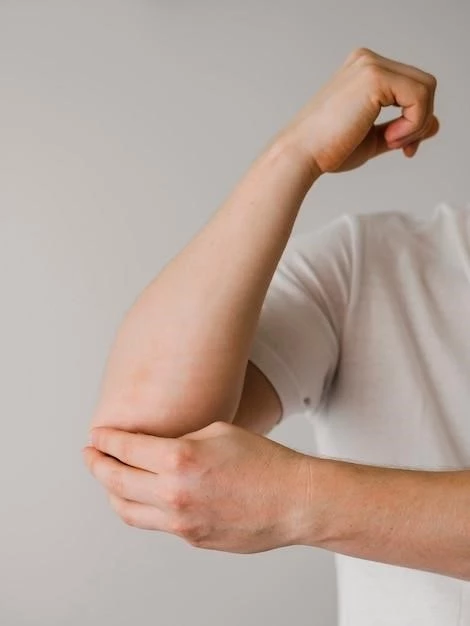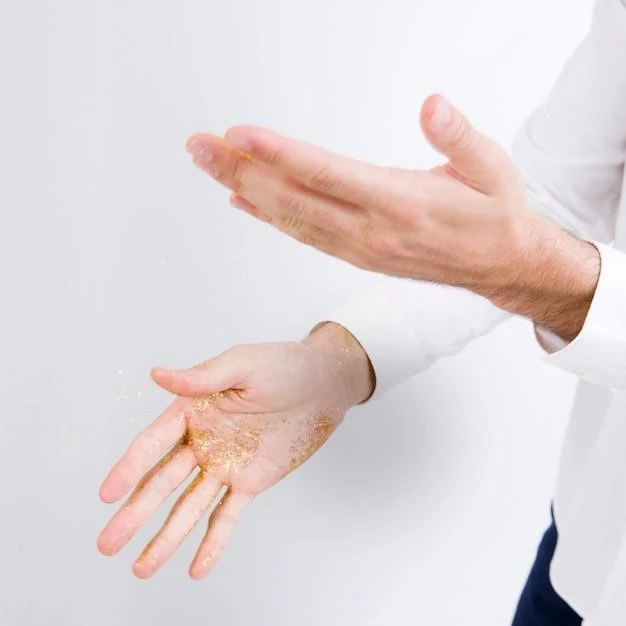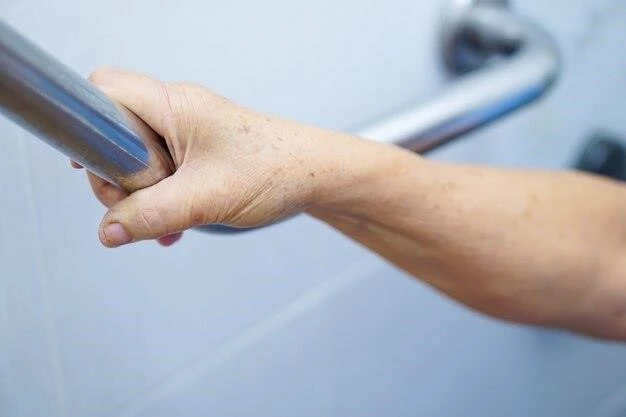Introduction to Polyneuropathy Hand Defect
The condition of Polyneuropathy often causes weakness, numbness, and pain, primarily in the hands and feet, with other areas potentially affected.
Understanding Polyneuropathy
Polyneuropathy is a condition that affects the peripheral nerves, causing symptoms like weakness, numbness, and pain. It commonly impacts the hands and feet, affecting sensation, coordination, and muscle function.
The condition can lead to a pins-and-needles sensation, burning pain, and loss of vibration and position sense, making walking and standing difficult. Various factors like kidney and liver diseases can contribute to polyneuropathy, highlighting the need for early diagnosis and appropriate treatment.
Understanding the causes, symptoms, and implications of polyneuropathy in the hands is crucial for effective management and improving overall quality of life. Seeking medical advice for proper evaluation and treatment is essential in addressing this condition.
Symptoms and Effects
Polyneuropathy hand defect commonly manifests with weakness, numbness, and pain in the hands and feet. The condition may cause a pins-and-needles sensation, burning pain, and loss of vibration and position sense, affecting daily activities.
Weakness, Numbness, and Pain
Polyneuropathy hand defect often presents with weakness, numbness, and pain in the affected areas, typically the hands and feet. This condition can cause discomfort and impact daily functioning, emphasizing the importance of early detection and appropriate management.
Pins-and-Needles Sensation
One of the prevalent symptoms of polyneuropathy hand defect is a pins-and-needles sensation, accompanied by numbness, burning pain, and a loss of vibration and position sense. These symptoms can lead to difficulty in walking and standing steadily as the condition progresses, emphasizing the need for timely diagnosis and appropriate treatment.
Loss of Vibration Sense and Position Sense
Polyneuropathy hand defect can lead to a loss of vibration sense and position sense, affecting coordination and balance. This loss can result in challenges with tasks requiring fine motor skills, such as writing or buttoning clothes. Seeking early diagnosis and appropriate treatment is crucial in managing these symptoms effectively.
Causes of Polyneuropathy in Hands
Polyneuropathy hand defect can be caused by various factors, including kidney disease such as uremic neuropathy and liver disease like cirrhosis. Understanding the underlying causes is crucial for effective management.
Uremic Neuropathy
Uremic neuropathy is a form of polyneuropathy that affects individuals with kidney disease. It can lead to symptoms like weakness, numbness, and pain in the hands and feet. Early detection and appropriate management are crucial in addressing the effects of uremic neuropathy on peripheral nerves.
Cirrhosis and Liver Disease
Research has shown that peripheral neuropathy is common among individuals with cirrhosis of the liver. Understanding the impact of liver disease on nerve function is crucial in addressing the associated symptoms such as weakness, numbness, and pain in the hands and feet. Early detection and appropriate management play a vital role in improving the quality of life for those affected by cirrhosis-related polyneuropathy.
Types of Polyneuropathies
Polyneuropathy presents in different forms, affecting sensory and motor functions. Understanding the specific type of polyneuropathy is crucial for proper diagnosis and effective treatment.
Sensory Polyneuropathies
Sensory polyneuropathies result from dysfunction in peripheral sensory nerve fibers, ranging from common diabetic neuropathy to rare sensory neuronopathies. Understanding the specific type of sensory polyneuropathy is essential for accurate diagnosis and effective management.
Chronic Inflammatory Demyelinating Polyneuropathy
Chronic Inflammatory Demyelinating Polyneuropathy (CIDP) is an immune-mediated neurological disorder that affects the peripheral nerves, leading to muscle weakness. This condition usually starts in the legs but can also affect the hands. Early detection and treatment are essential to manage CIDP symptoms effectively and prevent complications.

Hereditary Transthyretin Amyloidosis with Polyneuropathy (hATTR-PN)
Hereditary Transthyretin Amyloidosis with Polyneuropathy (hATTR-PN) is a rare disease affecting the nervous system, characterized by a defect in your peripheral nerves. Seeking medical guidance is crucial for managing this condition.
Rare Disease Affecting the Nervous System
Hereditary Transthyretin Amyloidosis with Polyneuropathy (hATTR-PN) is a rare condition that impacts the nervous system, specifically damaging peripheral nerves. Seek medical advice for proper management of this unique disorder.
Early diagnosis of Polyneuropathy hand defect is vital for appropriate treatment. Consult a healthcare professional to determine the best course of action based on symptoms and diagnostic tests.
Diagnosis and Treatment
When it comes to the diagnosis and treatment of Polyneuropathy hand defect, early detection plays a crucial role in mapping out an effective treatment plan. Seeking guidance from a healthcare professional is essential to address symptoms promptly and improve quality of life.
Optimal Treatment Approaches
Optimal treatment approaches for Polyneuropathy hand defect involve a combination of medications, physical therapy, and lifestyle adjustments. Consult a healthcare provider to determine the most effective treatment plan tailored to your specific symptoms and needs.

Prevention and Management
Lifestyle changes play a crucial role in preventing Polyneuropathy hand defect. Proper management involves rehabilitation options and support for improved quality of life. Consult healthcare professionals for personalized guidance.
Lifestyle Changes for Prevention
Implementing lifestyle changes like maintaining a healthy diet, regular exercise, managing underlying conditions, and avoiding harmful habits can help prevent or slow down the progression of Polyneuropathy hand defect. Incorporating these changes into your daily routine can positively impact your overall nerve health.
Rehabilitation and Support Options
Rehabilitation programs and support options can significantly aid in managing Polyneuropathy hand defect. Seek assistance from healthcare professionals and consider physical therapy and support groups to enhance your treatment journey and improve overall well-being.
